The best scientific estimates tell us human civilization is in overshoot. Were you aware of this? Do you know what overshoot is? This year (2019), Earth Overshoot Day in 2020 falls on August 22. Since 2003, scientists at Global Footprint Network have been analyzing UN data and satellite imagery to estimate the planet’s capacity to meet our needs (biocapacity), and humankind’s footprint - or demand (ecological footprint) - on that capacity. Their analysis suggests we have been in overshoot since…
While world leaders continue all efforts to return to high rates of GDP growth, a growing list of visionaries around the world are collaborating to redefine economic objectives in a more meaningful and sustainable way. Former White House advisor Gus Speth has been at the forefront of new economic thought for decades (see his work at the The Next System Project). His prescription for change is not a bunch of economic mumbo-jumbo for boards and bankers. His ideas reach deep into the way…
How we inhabit our homes, our lives, and the planet. Architect Sarah Susanka observed that houses in the U.S. were getting larger – but some rooms were seldom occupied, and often not even furnished. She found clients frequently did not get the immense satisfaction they expected from living in their “dream house.” How this relates to the way we inhabit our lives, and even the planet, is the subject of this conversation. Sarah Susanka’s observations of Americans’ dissatisfaction with their…
Our computer-generated scenarios all showed this growth stopping in the early decades of the 21st century, and, I must say, looking back now, it seems that we're right on schedule.” Dennis Meadows led the team at MIT whose computer simulations led to the publication of the top-selling environmental book of all time – The Limits to Growth. Scientists built on Jay Forester’s pioneering system dynamics work to chart future trends of five variables, analyzing how they would influence one another.…
Relocalization may be the most important strategy for minimizing climate change. According to Bill McKibben, “working as communities is the most important thing that we can be doing right now.” In this wide-ranging conversation about the sustainability of our civilization, McKibben shares his thinking about much more than climate change, including the fact that having “more” is not necessarily the key to our happiness. For a long time more and better were pretty much in the same direction….But sometime, and…
Do we behave rationally? You might be surprised how often our decision-making deviates from what is in our best interest. Behavioral economist Dan Ariely studies human behavior and decision-making. His experiments have led him to startling conclusions. We repeatedly and predictably make the wrong decisions in many aspects of our lives.” We may be rats in a maze for scientific study, but Dan Ariely puts a refreshingly human face on the scientific study of why we do the things we…
Robust economic growth has become the Holy Grail of public policy and politics. But some economists and many scientists have come to believe growth has become “uneconomic." Former World Bank Senior Economist Herman Daly explains this in terms we can all understand. The economy is a sub-system of a larger system. The larger system being the biosphere, the environment. The biosphere is finite, non-growing, materially closed. We get a flow of solar energy coming in, but it's not growing, either.…
One of the ways that radical ideas become more mainstream is when those of us who hold them aren’t afraid to speak about them.” This thought has guided much of journalism professor Robert Jensen’s work. His writing and speaking often focus on the news that “we live in an economy that is based on the destruction of places all over world.” In this 2015 interview, Jensen explains what he calls “an unprecedented set of threats to the possibility of ongoing,…
Our ecosystems contribute tens of trillions of dollars to our economy every year, but – as L. Hunter Lovins notes... At present we’re losing every major ecosystem on the planet…What are we doing to ourselves?...We have the…intelligence…to make different choices.” In this interview, she outlines those choices and shares how they benefit businesses and the planet. Hunter Lovins co-authored the best-selling book, Natural Capitalism, with Paul Hawken and Amory Lovins. One of the biggest challenges to living sustainably, says Lovins,…

